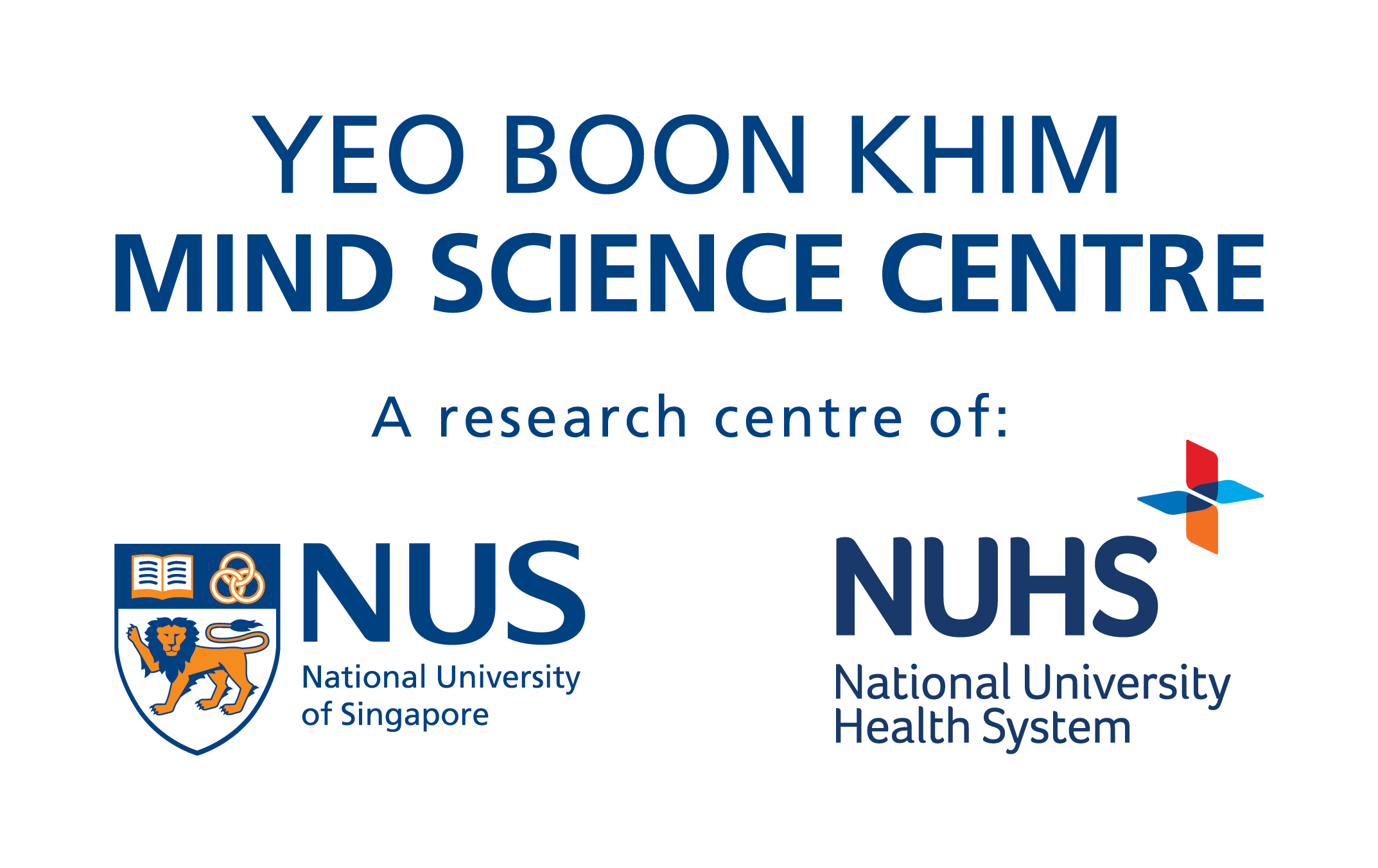SINGAPOREANS ARE LIVING LONGER, BUT IS QUALITY OF LIFE BETTER?

According to a published report on “The Burden of Disease in Singapore, 1990–2017” on the Ministry of Health website on 31 May 2019, Singaporeans are living longer and healthier lives than most people globally. However, the additional years of lifespan are spent coping with age-related health problems, as observed in many other affluent places.
The report highlights the following findings:
1. Longer but not necessarily healthier lives
Between 1990 and 2017, life expectancy at birth in Singapore rose 8.7 years, to 84.8 years. Healthy life expectancy at birth, however, rose only 7.2 years, to 74.2 years. Gains in the number of years expected to be spent in good health did not match gains in the number of years expected to be lived.
This is partly attributed to Singapore’s ageing population and the tendency for older people to have higher rates of chronic disease and disability. Together, those trends result in more time spent in ill health across the population.
2. The burdens of early death and disability
While Singapore’s burden of early death (measured in years of life lost) has declined, the rates at which Singaporeans experience ill health (measured in years lived with disability) have remained relatively constant over time. This indicates that Singapore, like most places in the world, has not been as successful at preventing ill health as it has been in preventing early death.
The largest contributors to Singapore’s combined burden of early death and disability (DALYs) were cardiovascular diseases (14.2%), cancers (13.4%), musculoskeletaal disorders (12.6%), and mental disorders (10.2%). The causes of DALYs that showed the largest increases between 1990 and 2017 were sense organ diseases, such as:
- Neurological disorders, which includes Alzheimer’s disease and other dementias (increased by 104.6%)
- Hearing loss and vision impairments (increased by 124.5%),
- Musculoskeletal disorders (increased by 99.8%)
With more information on the factors involved in quantifying disease burden, these health statistics are important in educating the general public and highlighting the health trends in the Singaporean population over time. For more information, please refer to the report which was first published on the Ministry of Health website here.
About NUS Mind Science Centre (MSC)
MSC’s ongoing elderly research include the Community Health Intergenerational (CHI) Study, which aims to provide comprehensive health analysis for elderly above 60 years old, through five rounds of health screening. The study is currently conducted at the Hannah Seniors Activity Centre in Toh Yi.
